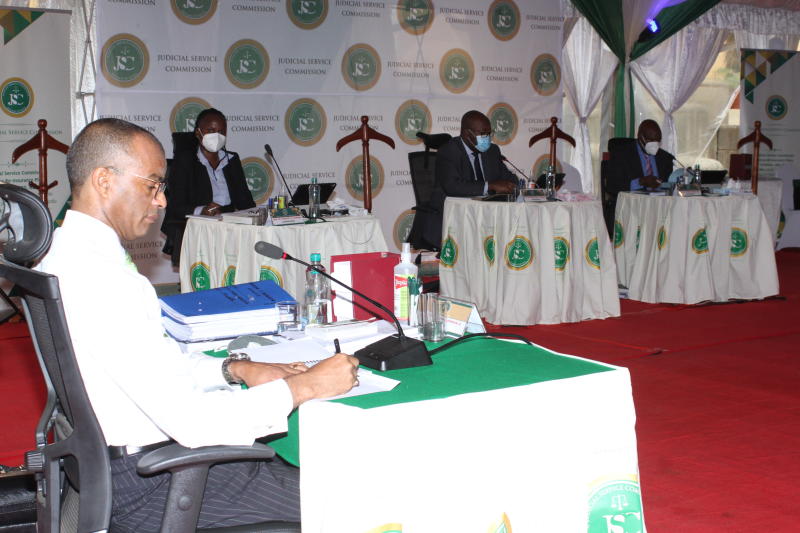×
The Standard e-Paper
Stay Informed, Even Offline

Well done Judicial Service Commission (JSC) for publicly scrutinising the candidates for the Chief Justice position.
While following the proceedings, I realised the potential we have as a country to further right our institutions through proper recruitment of civil servants, including the Executive and MPs.